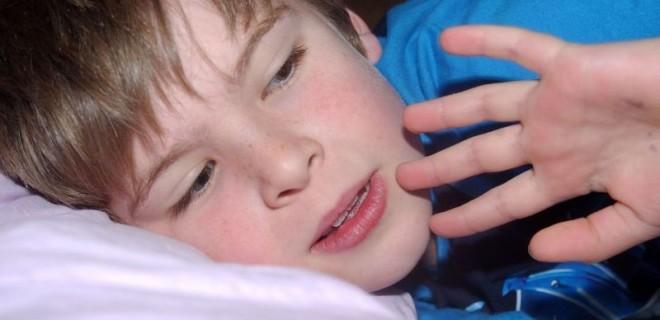
One in five adolescents hears voices in their head, especially children aged 11 to 13, a new psychiatric study says. At the same time the findings have raised concerns for those children who continue to hear even after a particular age, according to The Telegraph.
The condition is scientifically termed as auditory hallucinations.
An auditory hallucination is a form of hallucination in which the sufferer perceives sound without auditory stimulus. A common form involves hearing one or more talking voices.
In most cases, auditory hallucination stops as the child becomes older. The findings say that children who continue to suffer auditory hallucination, even after a particular age limit, could be at a higher risk of developing mental illness or behavioural disorders.
The research, funded by Health Research Board, was conducted to assess the psychology of the children. Nearly 2,500 children aged between 11 and 16 in Dublin, Republic of Ireland, were examined for the study.
When the result was analyzed it was found that 21% - 23% of children, whose age group was ranging from 11 to 13, had experienced auditory hallucinations. Out of this, half of them were suffering from non-psychotic disorder such as depression.
Seven percent of adolescents, who were in the age group of 13 to 16, reported hearing voices. But 80 percent of them were suffering from diagnosable psychological problem.
Dr Ian Kelleher, lead researcher from the Department of Psychiatry at the Royal College of Surgeons in Ireland (RSCI), revealed that auditory hallucination was common amongst the children of age 11 and above. But the intensity varies from child to child. Sometime it could be an isolated sentence or conversations between two or more people lasting for a several minutes. The frequency also differs as it could be once a month to once every day.
''It may present itself like screaming or shouting, and other times it could sound like whispers or murmurs. It varies greatly from child to child, and frequency can be once a month to once every day", The Telegraph quoted Dr Ian Kelleher as saying.
''For many children, these experiences appear to represent a 'blip' on the radar that does not turn out to signify any underlying or undiagnosed problem. However, for the other children, these symptoms turned out to be a warning sign of serious underlying psychiatric illness, including clinical depression and behavioural disorders, like attention deficit hyperactivity disorder.
''Some older children with auditory hallucinations had two or more disorders. This finding is important because if a child reports auditory hallucinations it should prompt their treating doctor to consider that the child may have more than one diagnosis", he added.
Co-author Professor Mary Cannon, also from the RSCI's Department of Psychiatry, said: ''Our study suggests that hearing voices seems to be more common in children than was previously thought. In most cases these experiences resolve with time. However in some children these experiences persist into older adolescence and this seems to be an indicator that they may have a complex mental health issue and require more in-depth assessment.''
The findings are published in the British Journal of Psychiatry.










